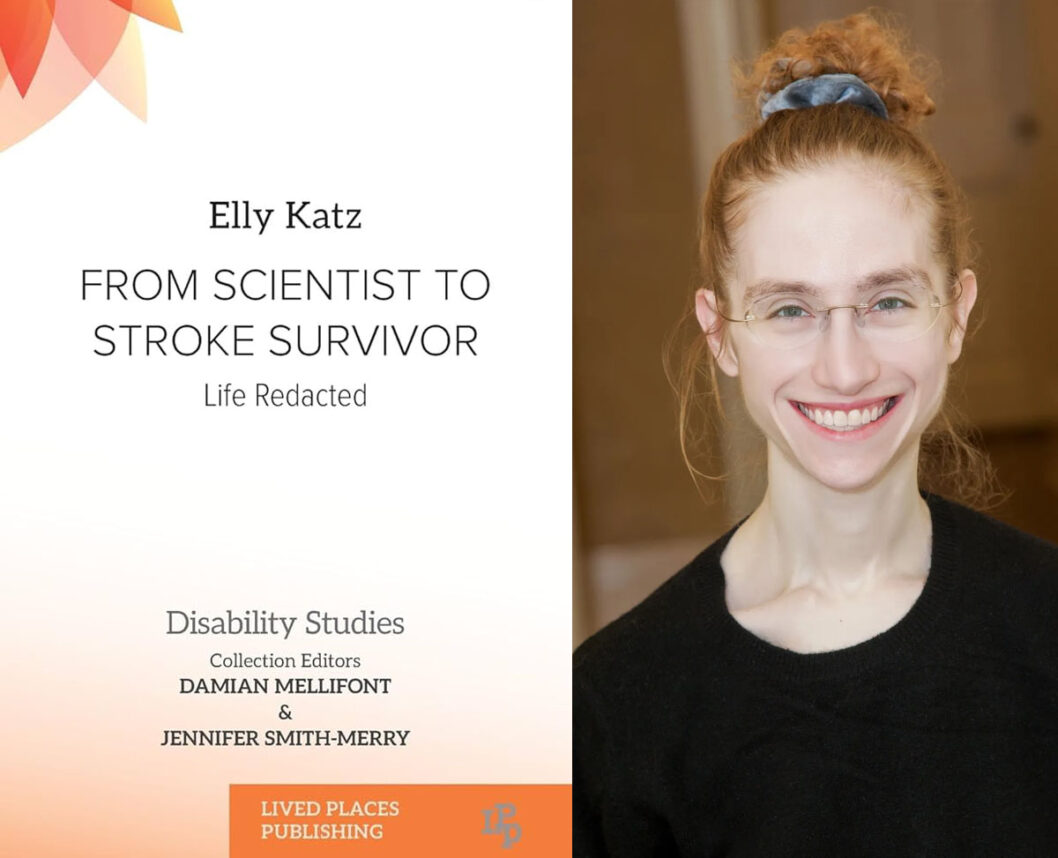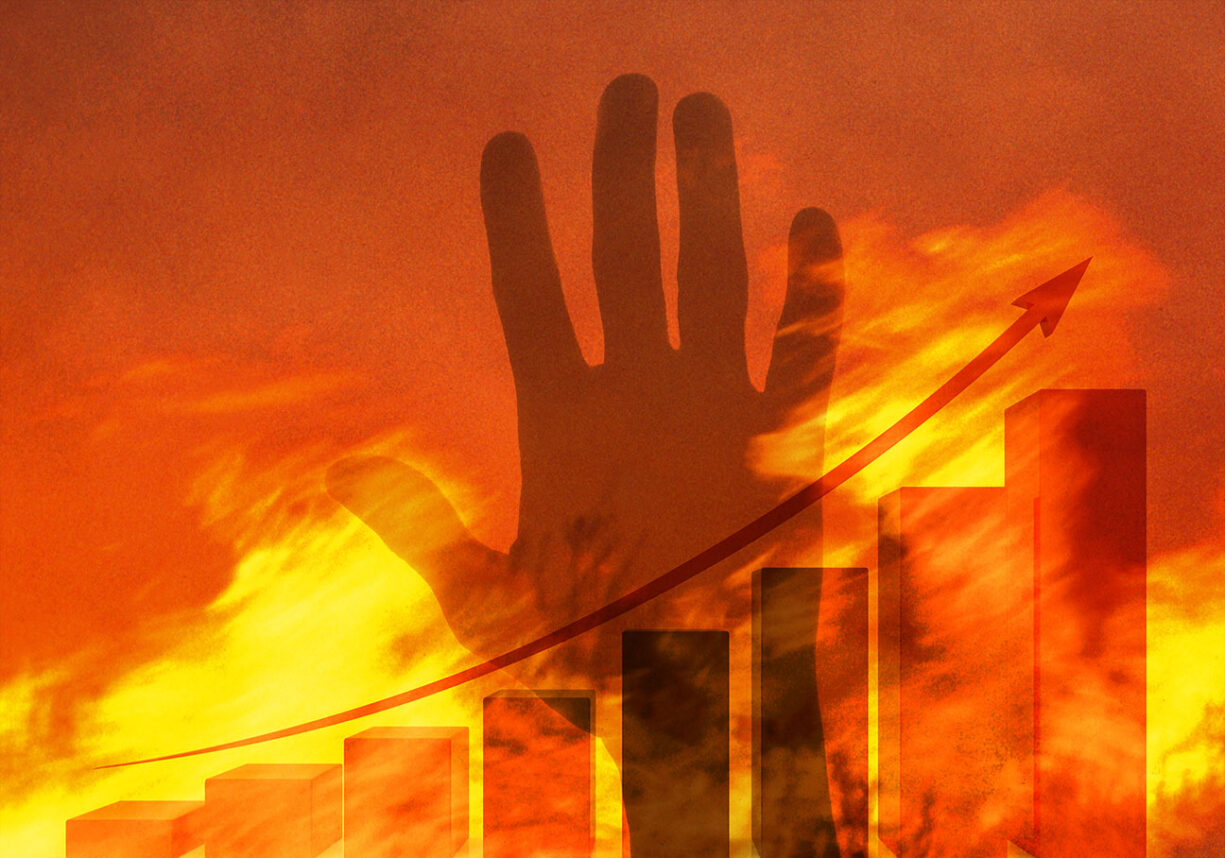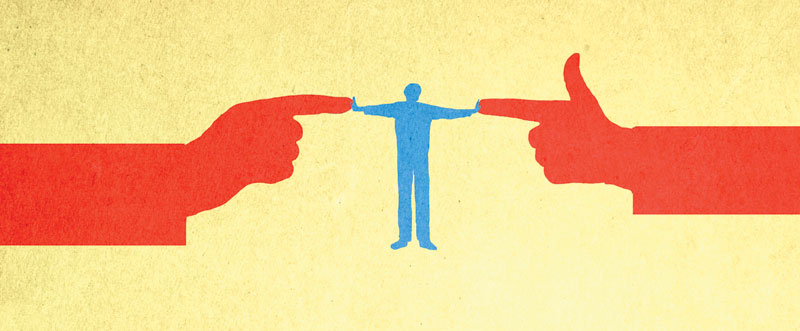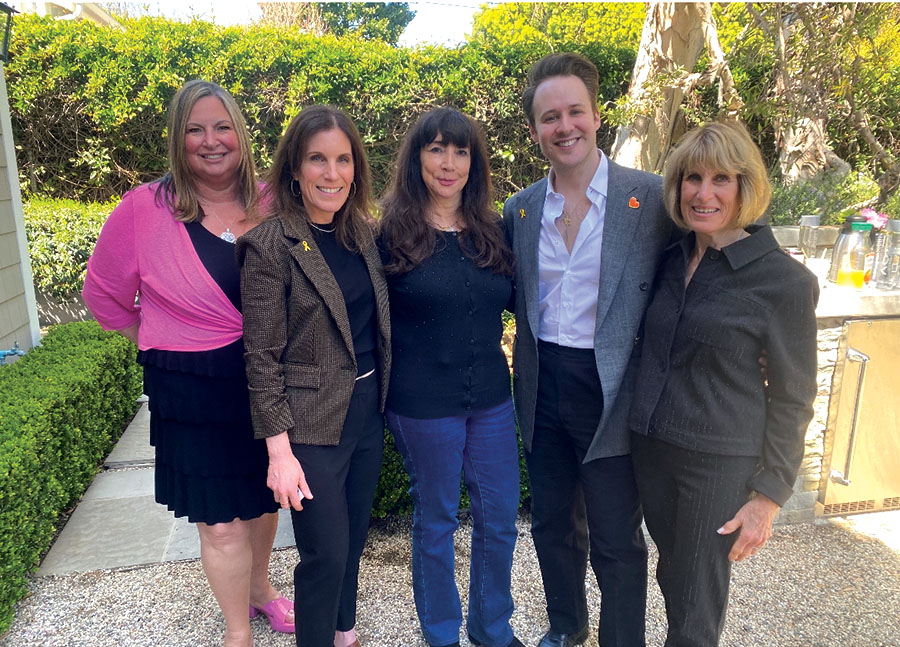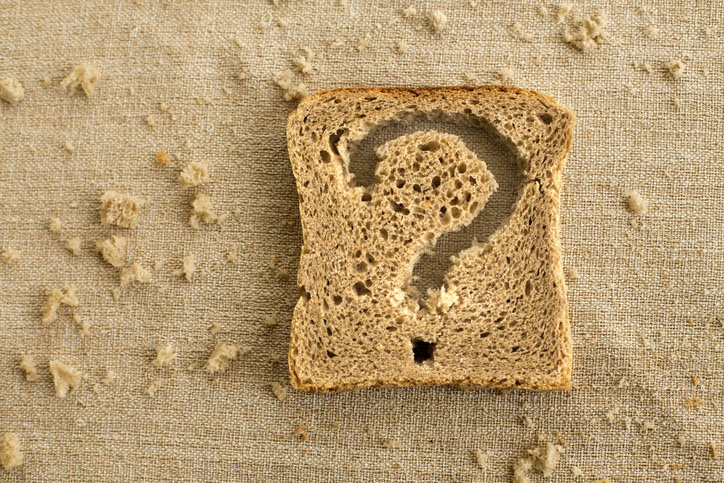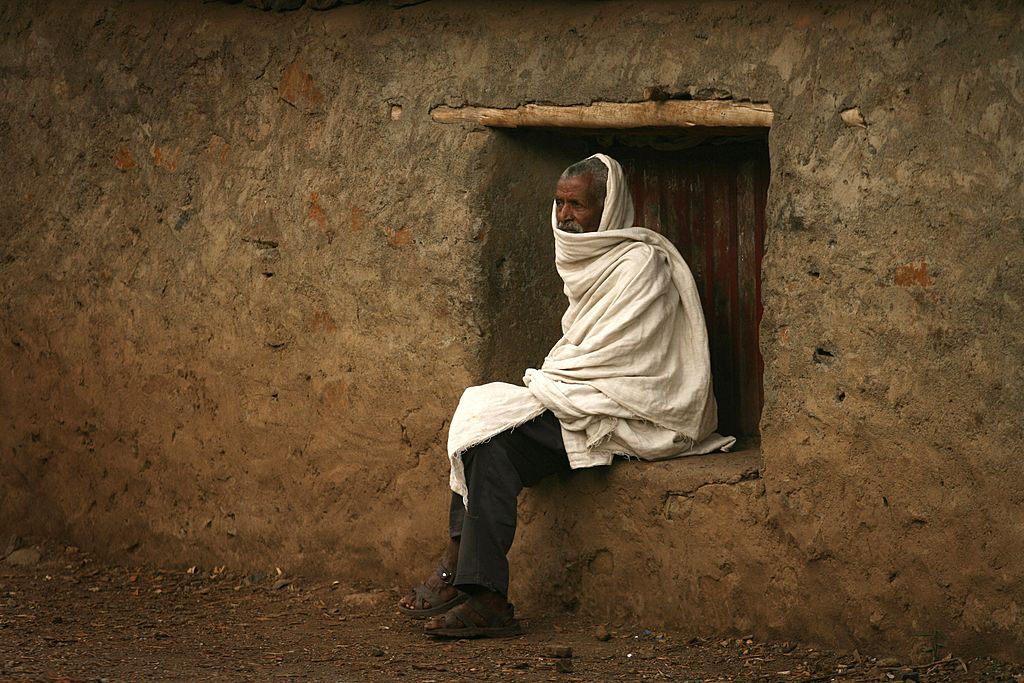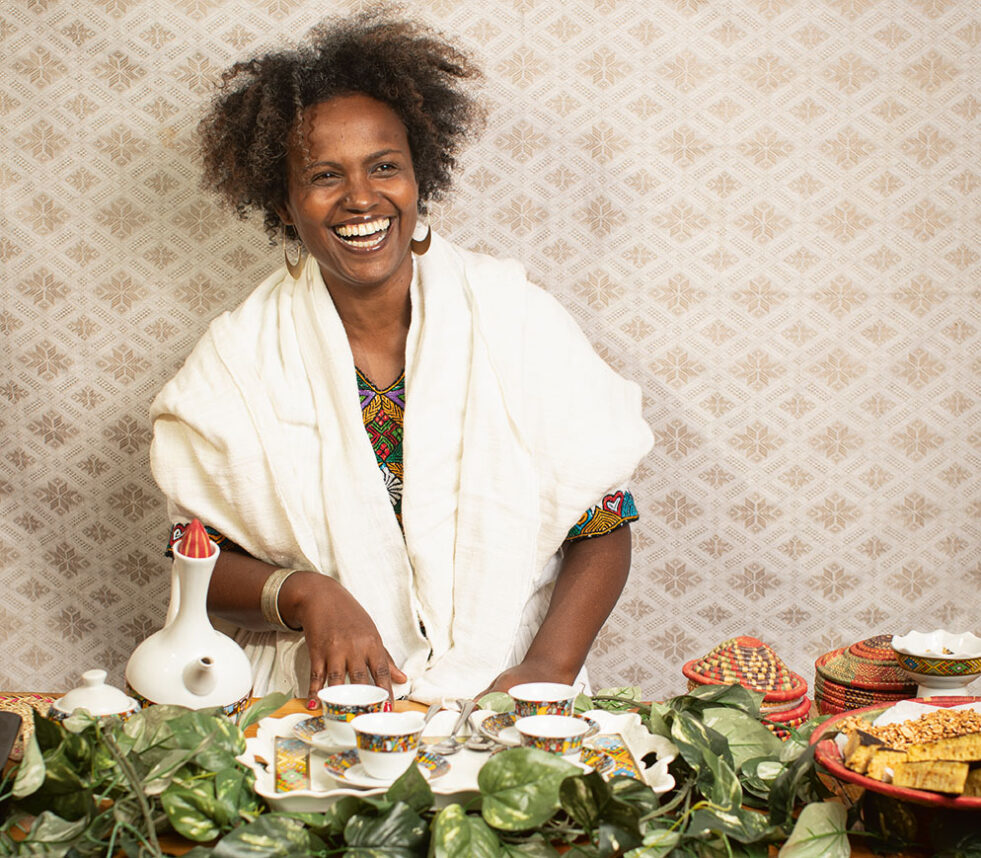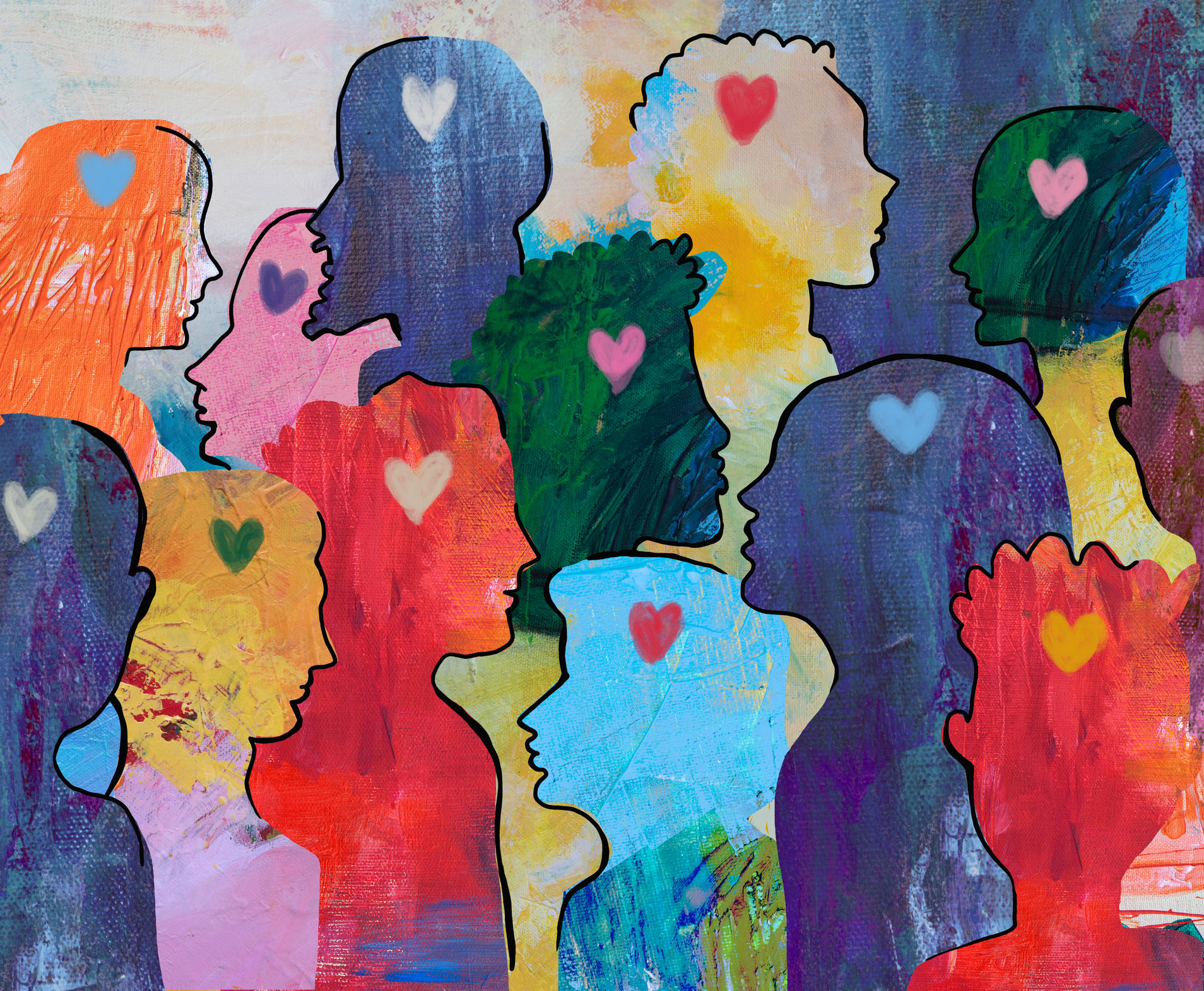
With Jew-haters emboldened and our ancient homeland under siege, we need friends more than ever. Too bad, then, that friendships seem to be in increasingly short supply.
While it is said that friends are the family we choose, they are also those it is easiest to leave behind. Life events, both joyous and tragic, bring family members together. But meaningful friendships require a special and sustained effort.
When I was a college president, I met with alumni at reunions who proudly introduced me to their roommates from decades earlier. I heard how they provided emotional support after graduation, and participated in each other’s weddings. But all too frequently that would be followed with a sigh, as they recounted how they had fallen out of touch over the years, only now to be reacquainted during reunion. There were lots of reasons why they went their separate ways – busy careers, geographical distances, and the like.
How unfortunate. When times are good, you want to celebrate with those who knew you before you experienced such success. And when times are challenging, as they certainly are today, old friends can prove indispensable.
Alas, data shows that human connections are under threat. A 2018 national survey found that almost half of American adults say they sometimes or always feel alone. Then, with the pandemic, things got even worse. The situation is dire enough to have led the U.S. Surgeon General to issue a 2023 advisory titled “Our Epidemic of Loneliness and Isolation.”
The Surgeon General’s report reviews the extensive literature on the impact of loneliness on mental and physical well-being and finds that “loneliness is far more than just a bad feeling – it harms both individual and societal health. It is associated with a greater risk of cardiovascular disease, dementia, stroke, depression, anxiety, and premature death.” Most shockingly: “The mortality impact of being socially disconnected is similar to that caused by smoking up to 15 cigarettes a day.” Who would have thought that loneliness might be as fatal as smoking?
A report from the Mayo Clinic provides another comprehensive summary of the literature. Aptly titled “Friendships: Enrich your life and improve your health,” it argues not only that being surrounded by good friends increases your sense of belonging and purpose, lessens your stress, and raises your self-confidence, but also that friendships improve a variety of medical outcomes. The article goes on to suggest a number of ways to make friends. My preferred option from their list: Join a faith-based community.
And do I have a faith for you! Judaism develops and supports friendships, which is no small reason why our religion has been able to endure and even thrive through millennia of challenges.
Judaism develops and supports friendships, which is no small reason why our religion has been able to endure and even thrive through millennia of challenges.
Whether it is with synagogue chaverim groups, campus Hillels, Jewish summer camps, Birthright trips, Shabbat dinner groups, or religious schools, friendships can be nurtured through socializing, learning, and prayer. One of my favorite moments at synagogue services is when the rabbi pauses to allow congregants to introduce themselves to someone they don’t know, or to reconnect with somebody they do. That’s how I met one of my dearest friends, who 15 years ago was sitting a row behind me in temple. And just last year I made a new friend the same way.
I go to synagogue for inspiration and enlightenment, but making friends there is an important bonus. The social aspects of religious observance should not be understated. As the old joke goes, “Goldberg attends services to speak to G-d; I go to services to speak to Goldberg.”
I suspect that after Oct. 7 many of us discovered that we have fewer real friends than we had believed prior to that fateful day.
But we must not despair. Don’t wait for a college reunion. Now is a perfect time to reach out to someone from your past, rekindling a lapsed friendship or strengthening an existing one. Or put yourself in a position to meet new friends, at temple or elsewhere. Friendships are much too precious to waste or take for granted.
As Bette Midler sang so beautifully, “You gotta have friends … I don’t care if I’m hungry or freezin’ cold, I’m gonna get me some of them.”
Morton Schapiro is the former president of Williams College and Northwestern University. His most recent book (with Gary Saul Morson) is “Minds Wide Shut: How the New Fundamentalisms Divide Us.”







